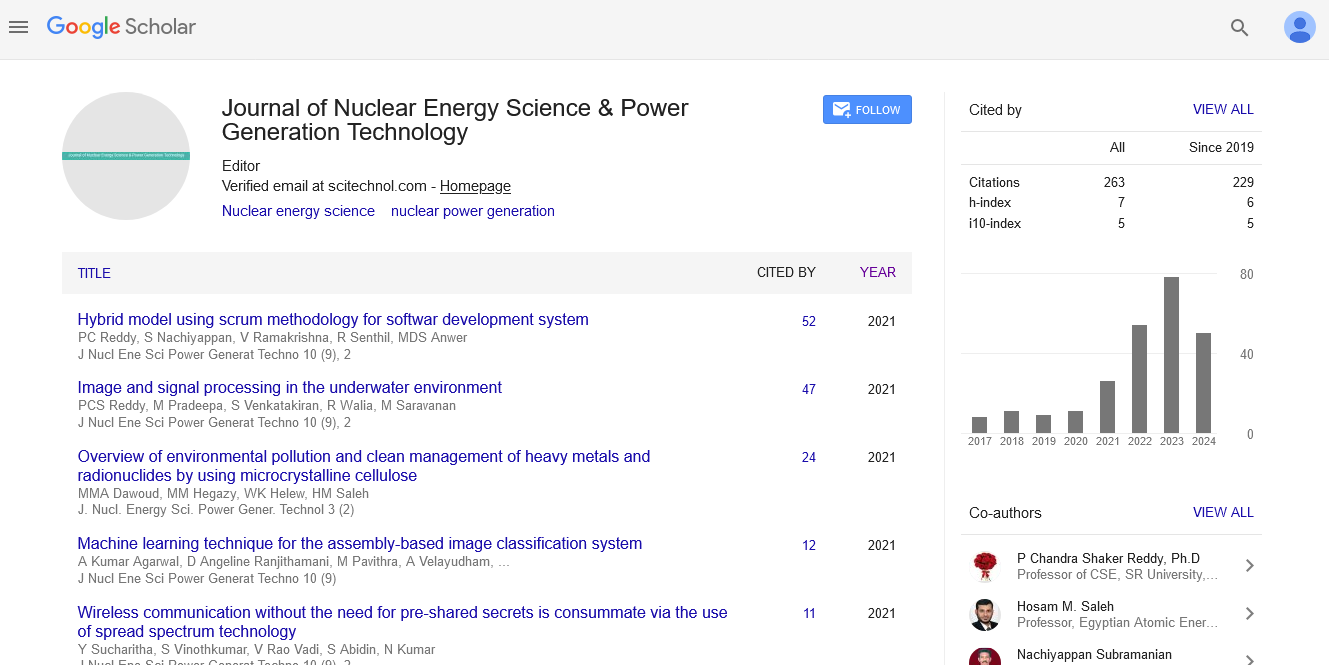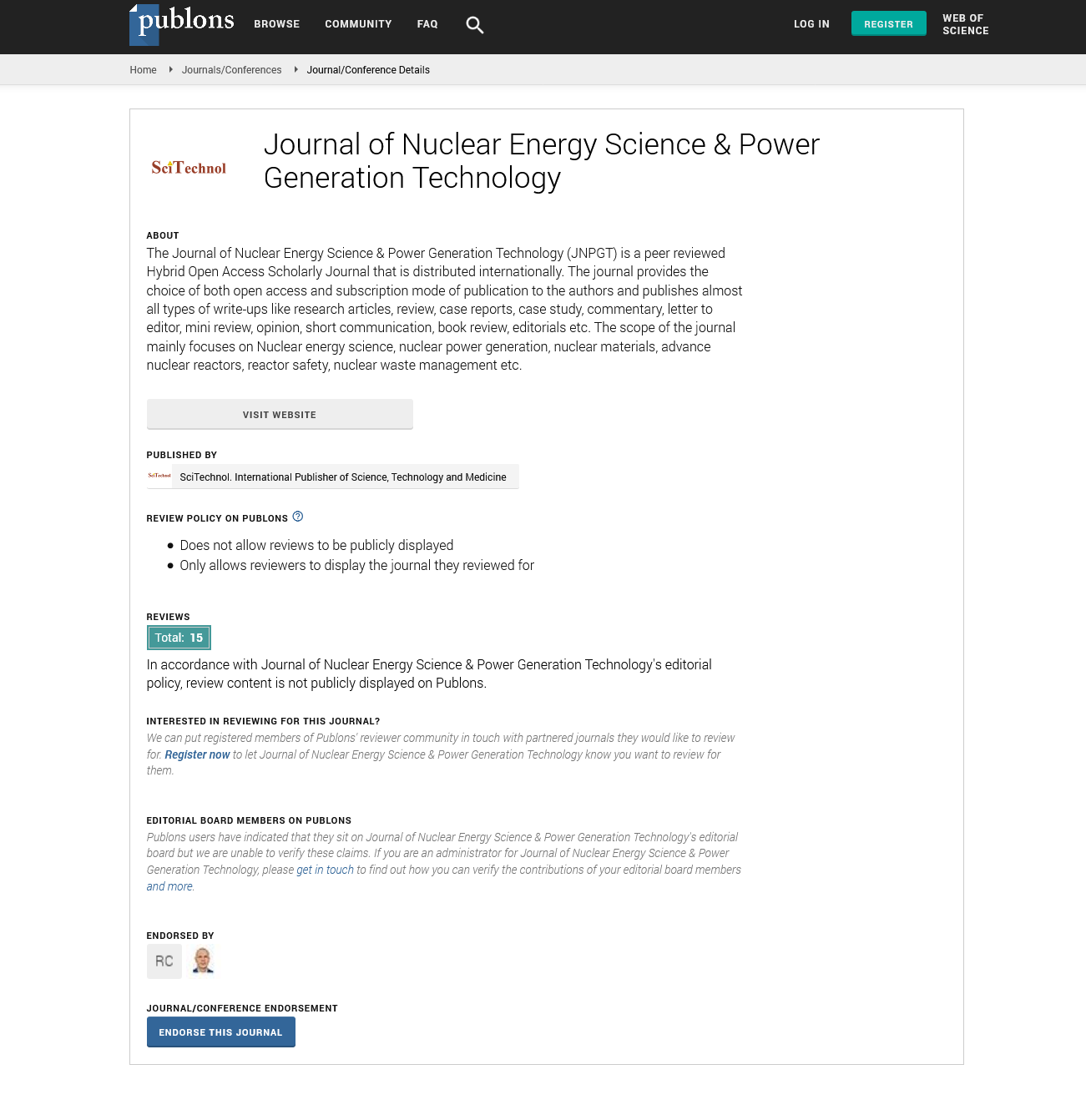Dangers of climate change on food security and economy of developing countries: Case study of Uganda
Kwesiga Evadio
Makerere University, Uganda
: J Nucl Ene Sci Power Generat Technol
Abstract
This Abstract sets out the risks of food security and impoverished economy in Uganda from climate change and how these vulnerabilities interact with sources of risk, including population growth, conflict and utterances within the environment. The Food and Agriculture Organization (FAO), an intergovernmental organization, specialized agency of the United Nations that leads international efforts in shellacking hunger, calls the summits in response to widespread undernutrition and growing concern about the capacity of agriculture to meet future food needs. In 2009, the World Summit on Food Security stated that the “four pillars of food security are availability, access, utilization, and stability”. Climate change will affect all the four dimensions of food security. Uganda is highly susceptible to climate change. The economy, prosperity and welfare of its people are firmly fated to climate. With for example, a shift in the viability of coffee growing areas potentially wiping out US $265.8 million or 40% of export revenue, it shows clearly how. This abstract provides information on the interdependence between climate change and food security, and ways to deal with the new menace.
Biography
Kwesiga Evadio, is a student at Makerere University pursuing Bachelor of Arts in Economics. He is passionate about this field of economics and food security in relation with economic development of third world countries
E-mail: nichjay9@gmail.com
 Spanish
Spanish  Chinese
Chinese  Russian
Russian  German
German  French
French  Japanese
Japanese  Portuguese
Portuguese  Hindi
Hindi 

